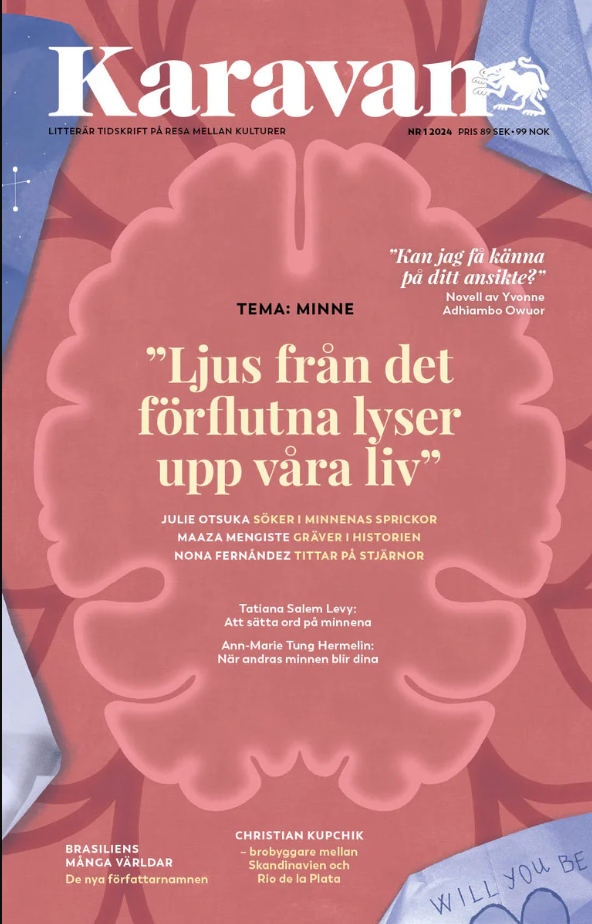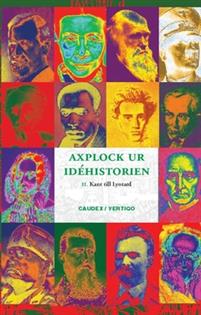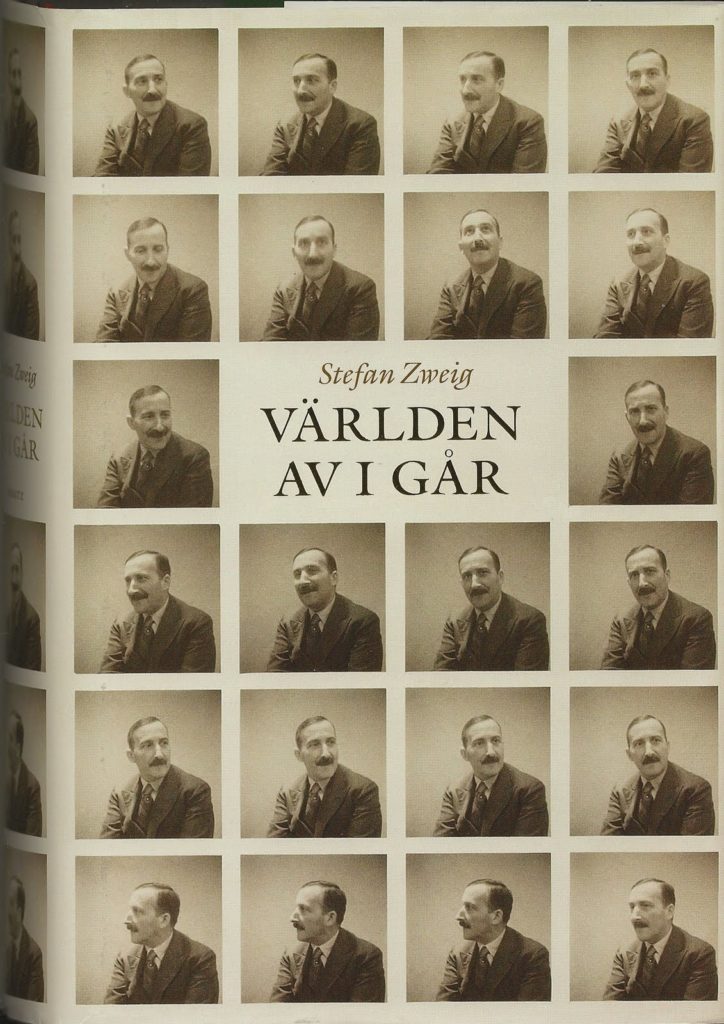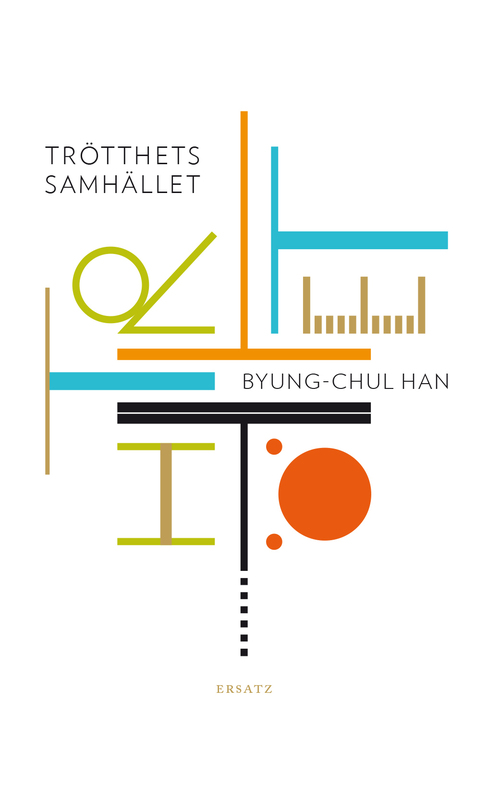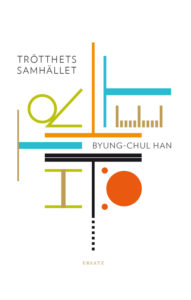Everyone in my book club was so utterly charmed by Aaliya from An Unnecessary Woman, and impressed with the breadth and depth of her literary references, that we decided to pick one of her favorites as a book club read for later. I was privately gunning for Fernando Pessoa’s The Book of Disquiet but in the end we went with Austerlitz by W. G. Sebald.
I’m glad that this was the book we picked for June, and not earlier in the year when my brain would have been fried from work, because Sebald demands a lot from the reader. One book club member joked that they thought it would be an easier read because of the wide margins and all of the photos sprinkled throughout. Hah!
In addition to the near-complete lack of paragraph breaks, the narrative itself is deeply nested. We don’t follow the titular Jacques Austerlitz through his life in real time; the story unfolds as he tells it, over the course of several years at happenstance meetings, to the book’s anonymous narrator. The narrator, meanwhile, reveals so little about himself that he vanishes almost entirely into the scenery. The sentences are also dense and complicated, and while I can’t speak to the German original (or the English translation), in the Swedish that complexity takes the form of long asides in dependent clauses or adjectival phrases that almost feel like an entire extra sentence smuggled in the middle of the first one you were reading. I had to go back and re-read sentences on nearly every page because those clauses and asides aren’t always (usually aren’t) offset with commas and reading turned into a game of “find the conjugated verb.” You either need a sharp memory or a lot of uninterrupted reading time to make it through Austerlitz without losing your train of thought.
Beyond just the grammatic and syntactic overwhelm, Austerlitz is also full to the brim with historical anecdotes, references, and other asides that I hesitate to call “trivia” because a lot of them pertain directly to the Holocaust. Architecture! Nazi propaganda! Moths! Train stations! You come away with the sense that your head has not only been crammed full of Austerlitz’s biography but also random facts. Consensus among the book club was that Aaliya might just be much smarter and more elevated than us mere mortals. I might revisit An Unnecessary Woman (in ebook format for that search function!) to see exactly what Aaliya thought of it.
To get to the narrative itself, Austerlitz is a fictional account of a man named Jacques Austerlitz, who was sent off on one of the Kindertransport trains and grew up in Wales under the care of a minister and his wife. I used “fictional account” up there, but Sebald made it clear that he was inspired by the real-life case of Susi Bechhofer. Like Susi, Austerlitz’s adoptive parents do their best to erase memories of his previous life, including but not limited to changing his name. (Also like Susi, Austerlitz doesn’t learn about his double identity until he goes to sit an exam and the teacher instructs him to give his name as “Jacques Austerlitz” rather than “Dafydd Elias.”) Between a childhood devoid of warmth or affection and the suppressed trauma of being completely ripped away from his previous identity, Austerlitz struggles as an adult. While he excels academically and manages to become an art historian and teacher, he is never able to complete the book on architecture he had set out to write and eventually suffers a serious mental breakdown. After he returns to Prague as an adult and learns more about his parents, Austerlitz becomes a more integrated version of himself. Or so it seems. Is he better now? Is he not? What’s going to happen with him? Who knows! A more conventional story would have ended at Austerlitz’s funeral, or the narrator learning of Austerlitz’s death after the fact, but instead the two part ways and the narrator is left thumbing through Dan Jacobson’s Heshel’s Kingdom, which he received as a gift from Austerlitz.
Austerlitz is one of those books where even though I didn’t have fun (as such) reading it, I still…enjoyed? appreciated?…reading it. The whole thing is a technical marvel; despite the grammatic and syntactical complexity I mentioned before, you still have a sense of flow and the overall whole of the story (even if you can’t remember what was going on at the beginning of the sentence). There’s also an element of personal satisfaction in finishing a book like this akin to the odd occasion when I manage to run a 10K: it’s a good sign that my body (or in this case, my brain) is still capable of rising to such a challenge. At this point credit goes to Ulrika Wallenström‘s Swedish translation. I can only infer what the German might be like from the Swedish, after all. Never mind all of the names, official translations, and technical terms to check. Austerlitz might not have officially finished his book on architecture and history, but much of that preparatory research material permeates the story. No mean translation feat, this one.


